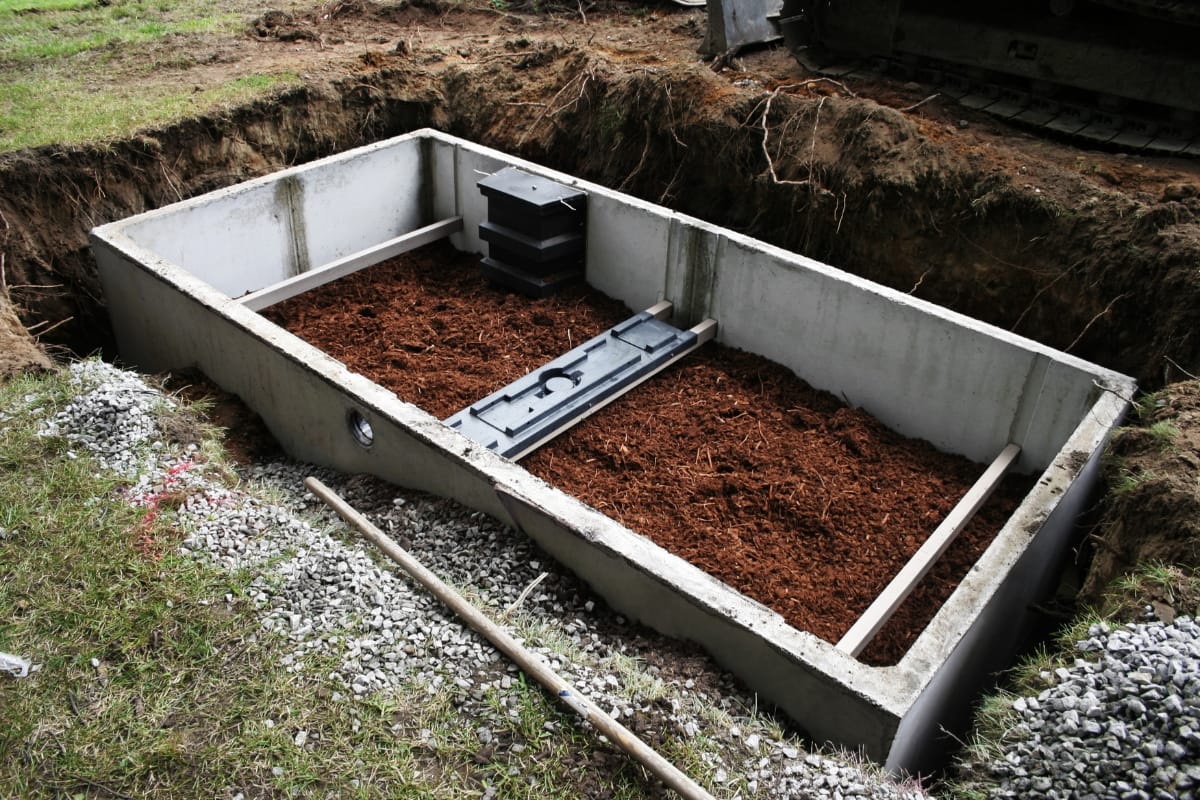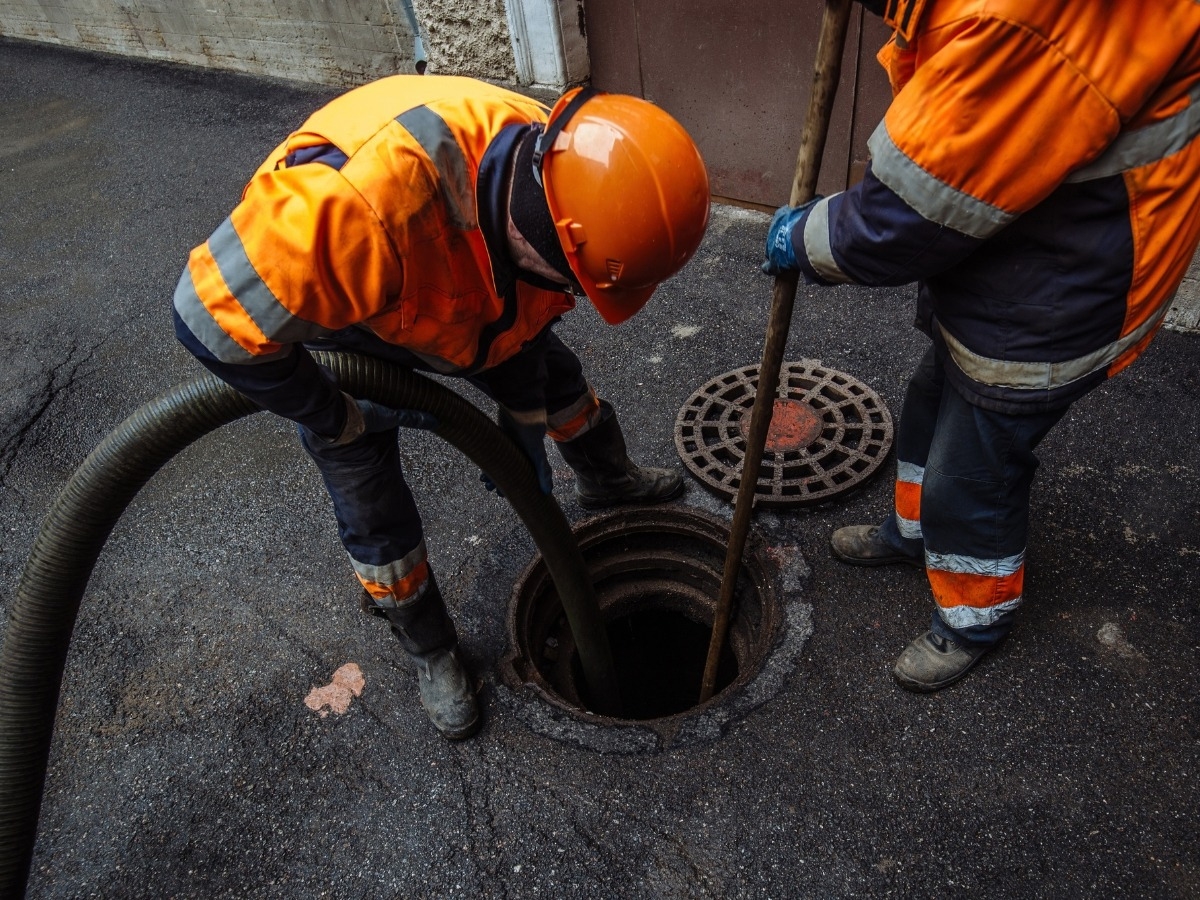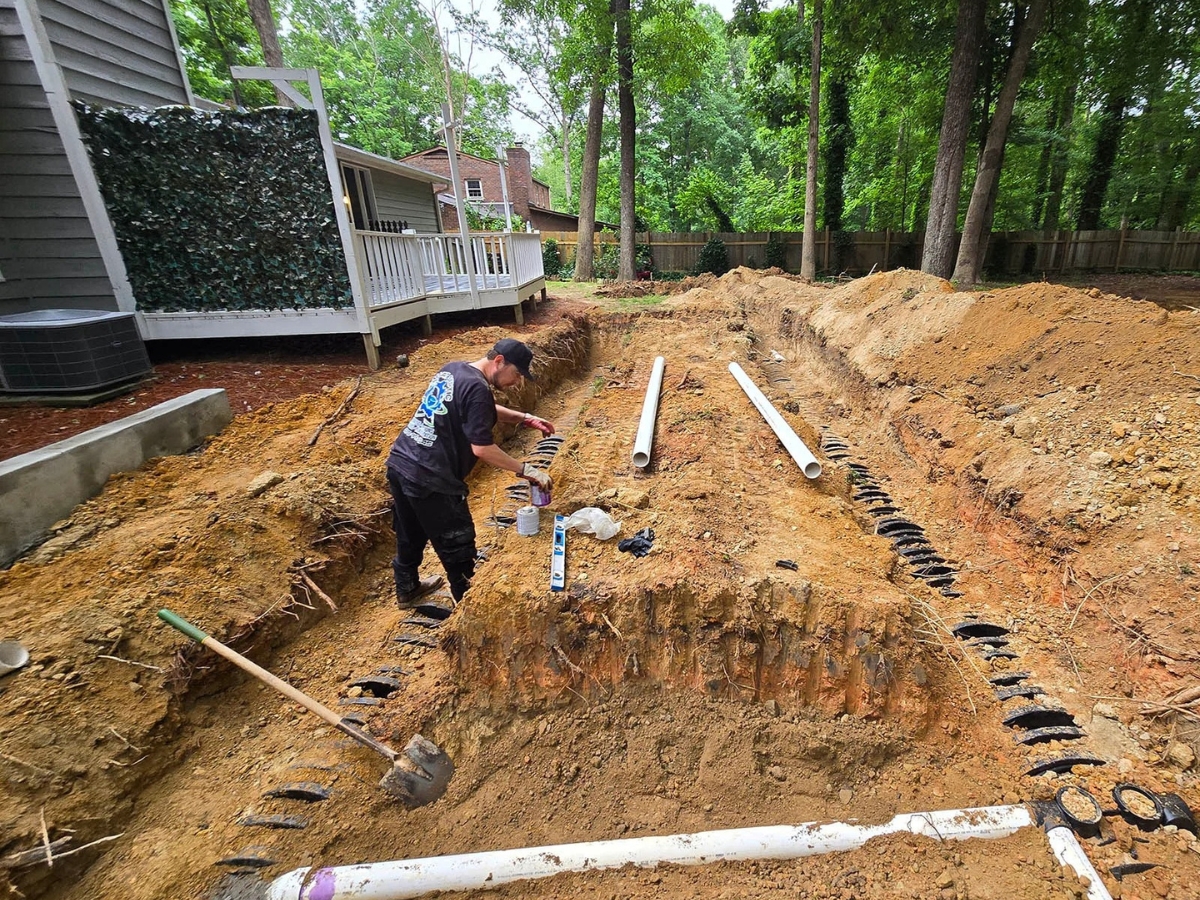An aerobic septic system is an innovative wastewater treatment option that offers several advantages over traditional systems, making it an excellent choice for homeowners looking for enhanced efficiency and environmental benefits.
Unlike conventional septic systems, aerobic septic systems use oxygen to break down waste more effectively, resulting in cleaner, safer effluent that can even be repurposed for irrigation in some cases.
To help you understand this better, we’ll explore the top advantages of aerobic septic tanks, from their superior performance in challenging soil conditions to their reduced environmental impact.
Why Choose an Aerobic Septic System? The Benefits Explained!
Enhanced Waste Management Efficiency

One of the key benefits of an aerobic treatment system is its ability to manage waste with greater efficiency compared to traditional systems. Standard septic systems rely on anaerobic bacteria—organisms that thrive in oxygen-free environments—to break down waste.
However, aerobic systems introduce oxygen into the treatment process, creating an environment that supports aerobic bacteria, which are significantly more effective at decomposing organic matter.
This oxygen-enriched setup speeds up waste breakdown, resulting in a more efficient treatment process that requires less physical space, making aerobic systems especially suited to properties with limited land.
Furthermore, the accelerated decomposition reduces the potential for solids to accumulate within the system, which helps prevent clogs and backups. This improved efficiency not only minimizes maintenance needs and the risk of unpleasant odors but also extends the system’s lifespan by reducing stress on components.
The aerobic system’s faster processing capabilities can be particularly beneficial for households with higher water usage or those located in areas with strict environmental regulations, as the output is generally cleaner and poses a lower risk of contamination to local water sources.
In addition to its efficiency, an aerobic system is more adaptable to varying soil conditions, further enhancing its appeal for properties with clay or compacted soil, which may struggle with standard septic systems. The consistent oxygen flow in an aerobic system promotes a cleaner, more reliable waste treatment solution that aligns with both environmental and practical needs.
Environmental Benefits of Aerobic Septic Systems
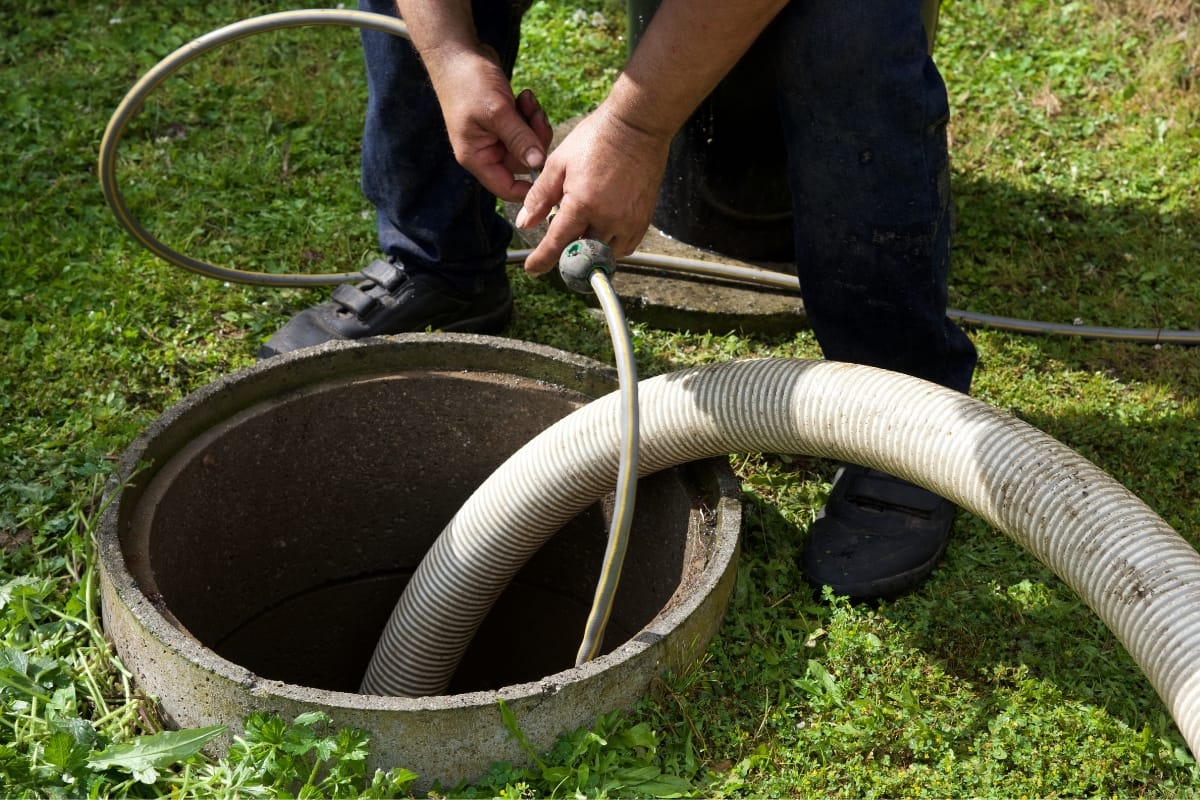
Aerobic septic systems provide numerous environmental advantages over traditional systems, largely due to their oxygen-enriched treatment process. By promoting the growth of aerobic bacteria, these systems enhance the breakdown of organic matter, leading to a cleaner effluent that contains fewer harmful pathogens and pollutants.
This cleaner wastewater minimizes environmental contamination risks, making aerobic systems particularly beneficial for areas where groundwater or nearby bodies of water may be impacted by septic discharge.
A significant environmental benefit of aerobic systems is their ability to reduce nitrogen levels in wastewater. This is achieved through a process known as nitrification, where aerobic bacteria convert ammonia into nitrogen compounds that are then released as harmless nitrogen gas.
Elevated nitrogen levels in wastewater are a common issue with conventional septic systems, and when discharged untreated, they can contribute to nutrient pollution in lakes, rivers, and coastal waters.
Excess nitrogen promotes algal blooms that deplete oxygen levels in water, leading to dead zones that harm aquatic life. By removing nitrogen more effectively, aerobic septic systems help protect water quality and maintain balanced ecosystems, benefiting both wildlife and human health.
Additionally, aerobic systems can often integrate advanced filtration methods, such as UV disinfection or additional effluent treatment stages, which further purify the wastewater before it is released. These features make aerobic systems a strong choice for environmentally sensitive areas and for households looking to minimize their ecological footprint. Not only do they support healthier local ecosystems, but they also contribute to the sustainable management of wastewater on a broader scale.
Cost Savings and Long-Term Value

While aerobic septic systems often come with a higher initial installation cost than traditional systems, they offer substantial savings and value over time.
Their oxygen-based treatment process enhances the breakdown of waste, leading to more efficient operation and reducing the likelihood of clogs and backups. This efficiency translates into fewer service calls, which can mean significant savings on regular maintenance and emergency repairs.
Additionally, aerobic systems are designed to handle waste more effectively, meaning they often require less frequent septic pumping than conventional systems. This reduced need for pumping can save homeowners hundreds of dollars annually.
Not only that, because aerobic systems improve effluent quality, they are sometimes eligible for local tax credits, rebates, or incentives as a reward for their environmental contributions. Many municipalities support aerobic systems as a step toward better water conservation and pollution reduction, making these incentives an additional financial advantage.
From a long-term perspective, aerobic septic systems can enhance property value, particularly in environmentally sensitive areas where wastewater management is a priority. Prospective buyers often appreciate the added value of a well-maintained aerobic system, knowing it will reduce maintenance and offer eco-friendly benefits.
When maintained properly, these systems can last several decades, providing reliable performance that benefits homeowners well beyond their initial investment. In the long run, an aerobic system isn’t just a septic solution; it’s a sustainable, value-added investment that pays off through reduced maintenance costs, potential financial incentives, and environmental stewardship.
Improved Reliability and Reduced Maintenance
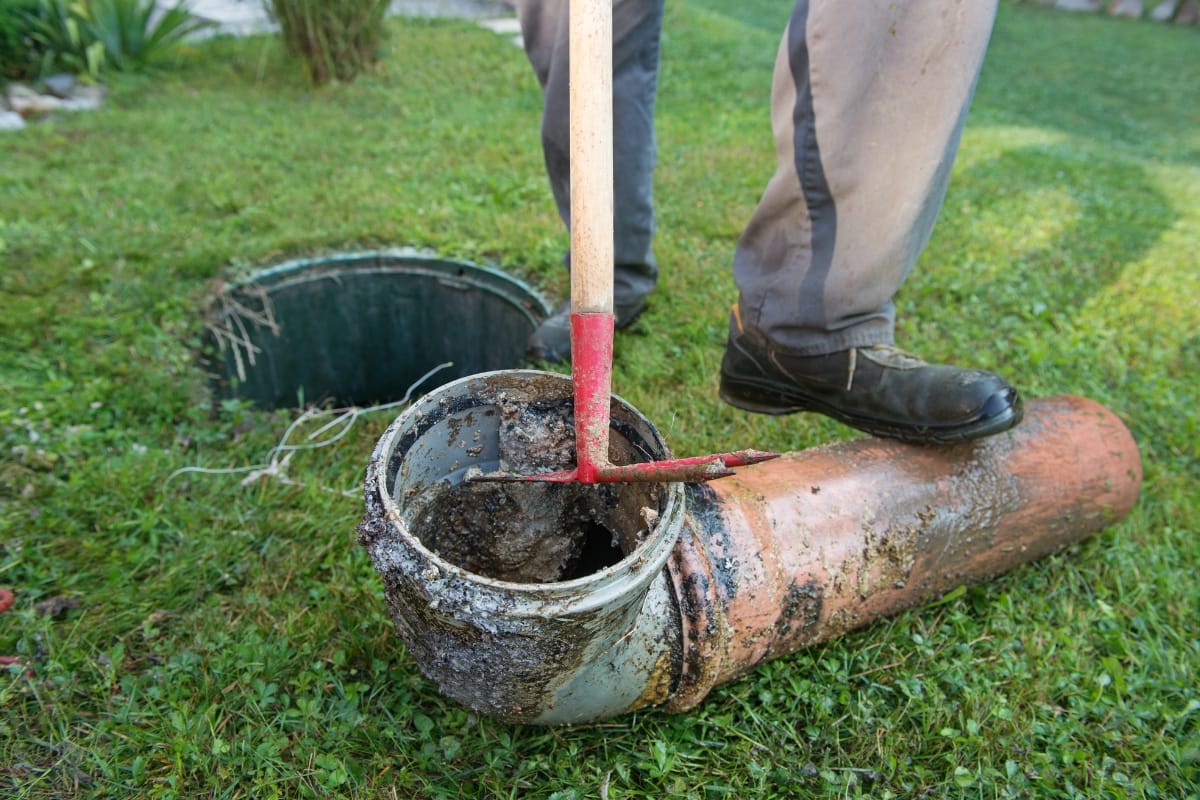
When it comes to wastewater management, reliability is key. Traditional septic systems often face issues like clogs, backups, and drain field failures, which can lead to significant disruptions and costly repairs. These problems typically arise due to the slower breakdown of waste, which can cause solid build-up and system overload over time.
Aerobic septic systems, however, offer a more reliable solution by incorporating advanced technology that introduces oxygen-rich air into the system.
This aerobic environment supports beneficial bacteria that thrive on oxygen and are more effective at decomposing organic waste. As a result, waste breakdown occurs at a faster rate, reducing the risk of blockages and minimizing the potential for drain field failures.
The reduced frequency of maintenance and lower risk of costly repairs also make aerobic systems a practical choice for long-term property management. For homeowners looking to invest in a system that balances efficiency with low maintenance, aerobic septic solutions present an attractive option, offering durability, minimal intervention, and a lower lifetime cost of ownership.
Compatibility with Modern Property Designs
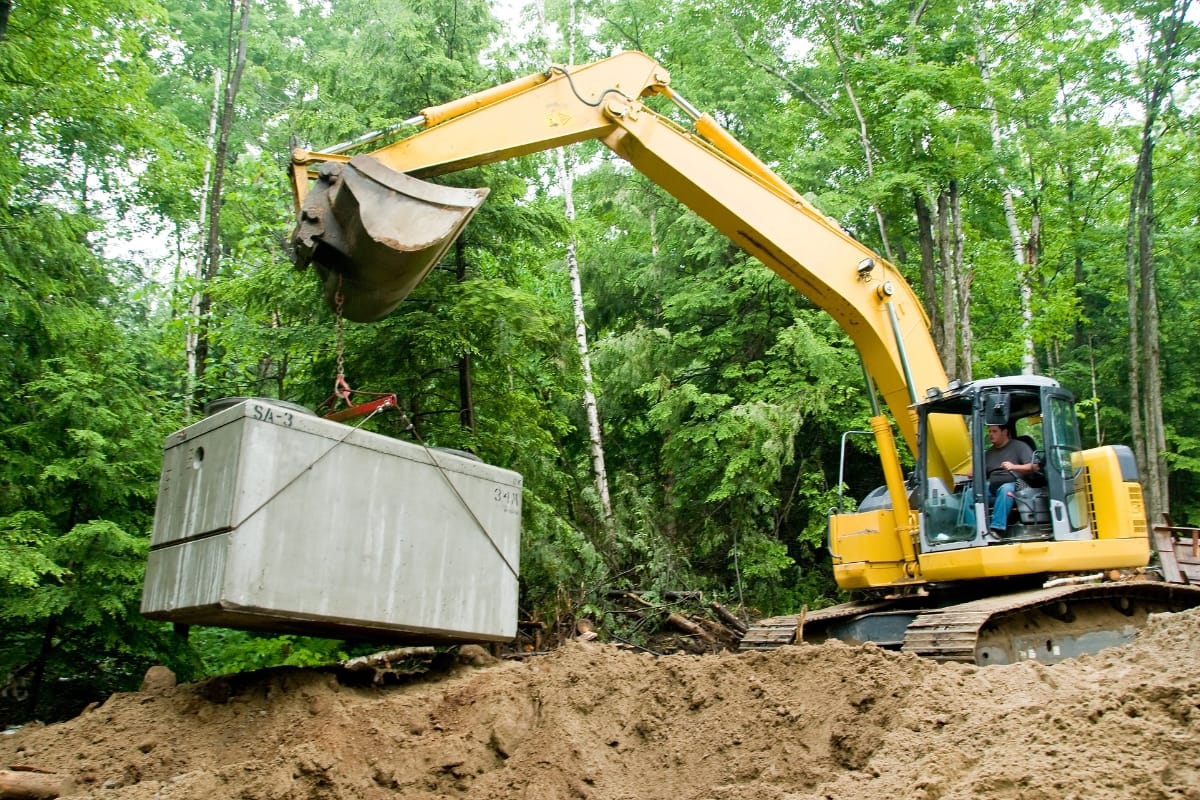
Aerobic septic systems offer unmatched versatility, making them ideal for integration with modern property layouts. Unlike traditional septic systems that demand expansive drain fields, aerobic systems operate efficiently in compact spaces. This quality is especially advantageous for properties with limited land, such as those in urban or densely populated areas where every square foot counts.
The compact design of aerobic systems also allows property owners more creative freedom when planning outdoor landscapes. Without the large drain fields required by traditional systems, owners can maximize their property’s usable space for features like gardens, patios, and recreational areas.
For developers, this means that aerobic systems can be effectively integrated into a range of architectural designs, including contemporary homes with smaller plots or luxury properties with elaborate landscaping.
In addition, aerobic systems can accommodate varying terrain, from hilly landscapes to properties near water bodies, where traditional septic systems may be unsuitable. This adaptability supports the modern trend toward custom property layouts and sustainable design.
Since aerobic systems treat wastewater more thoroughly, the cleaner effluent is less likely to interfere with landscaping, further protecting gardens and green spaces from nutrient overloads that can disrupt plant health.
Moreover, for environmentally conscious homeowners, aerobic systems align well with sustainable property features. Their efficient, oxygen-rich treatment process promotes cleaner discharge, making them a better fit for eco-friendly landscapes that prioritize water conservation and minimal environmental impact.
Health and Safety Advantages
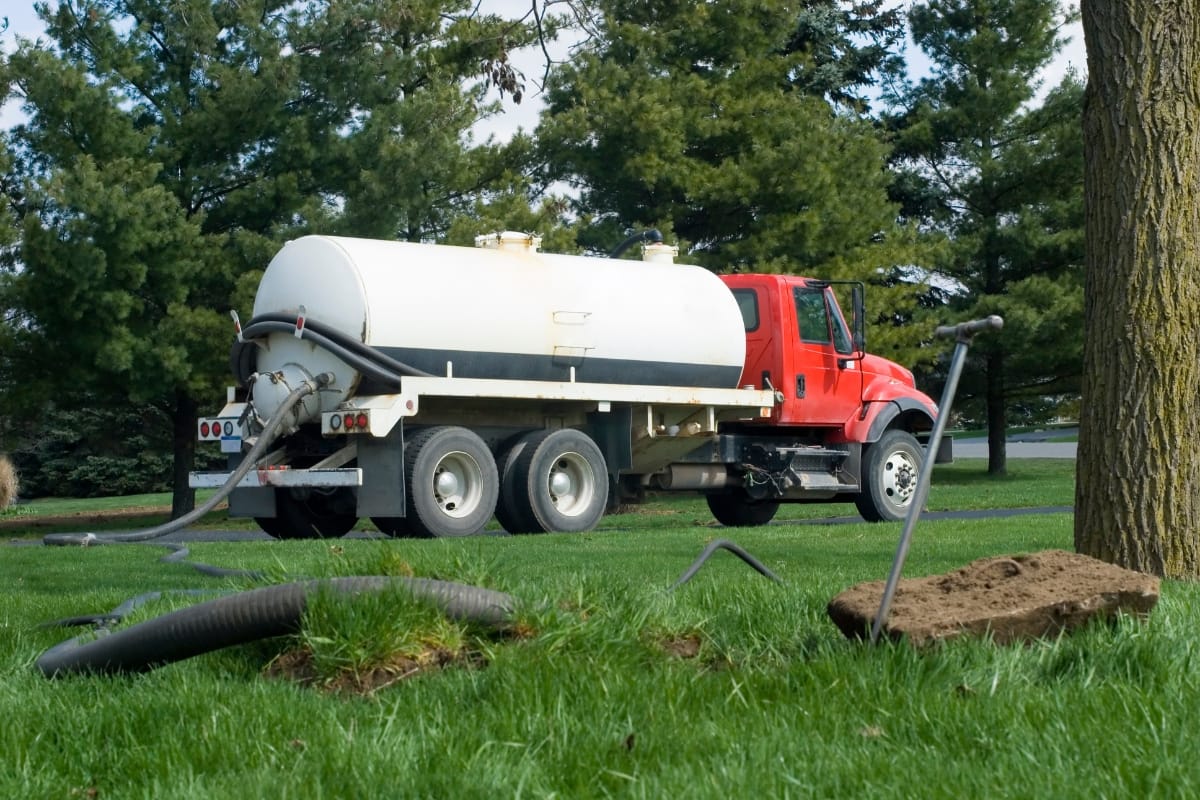
One of the standout benefits of aerobic septic systems is the significant health and safety improvements they offer. The oxygen-rich environment within these systems not only accelerates the breakdown of waste but also inhibits the growth of anaerobic bacteria responsible for producing unpleasant odors typically associated with traditional septic tanks.
This makes aerobic systems more pleasant for homeowners and helps avoid odor issues that can affect the surrounding area. Beyond odor control, aerobic septic systems are designed with enhanced filtration and treatment processes that greatly reduce the risk of groundwater contamination.
The additional oxygen allows beneficial aerobic bacteria to thrive, breaking down waste more thoroughly and ensuring that harmful pathogens are effectively neutralized before the treated wastewater is discharged into the surrounding soil. This added layer of filtration is especially valuable in areas where groundwater is close to the surface or where drinking wells are nearby, as it provides an extra measure of safety for local water supplies.
Moreover, the cleaner effluent produced by aerobic systems means less impact on surrounding plant and soil health, reducing the risk of nutrient overload that can harm vegetation. In communities prioritizing environmental health, these systems are an ideal fit, as they help maintain soil balance and reduce potential hazards to local ecosystems.
Additionally, many aerobic systems include visual or audible alarms to alert property owners of any potential issues, ensuring timely maintenance that protects both system function and safety.
For households in environmentally sensitive areas or those near bodies of water, the improved filtration of aerobic systems can be a crucial feature, supporting both the wellbeing of residents and the health of the surrounding environment.
Regulatory Compliance and Permits

One of the advantages of aerobic septic systems is their ability to meet or exceed stringent regulatory requirements for wastewater treatment, providing property owners with confidence in their system’s environmental and operational compliance.
Many jurisdictions, recognizing the environmental and health benefits of aerobic systems, have updated their regulations to encourage their use over traditional septic options. These systems are often favored by local health departments and environmental agencies due to their reduced risk of groundwater contamination and enhanced treatment efficiency, making them a reliable choice for environmentally sensitive areas or locations with stricter wastewater regulations.
However, like any septic system, aerobic systems typically require permits for installation, and these permits may involve submitting detailed site plans and compliance documents to local authorities.
While the permitting process might initially seem daunting, the efficient operation and advanced treatment capabilities of aerobic systems can make it easier to meet these requirements compared to traditional systems. In some areas, aerobic systems may even speed up the permitting process, as their design aligns well with health and environmental standards.
Local agencies may also offer guidance and resources to help streamline the application process, especially if the installation of an aerobic system aligns with regional water protection or pollution control initiatives.
Eco-Friendly Treatment Processes

Aerobic septic systems offer a sustainable approach to wastewater treatment, standing out for their environmental benefits. By utilizing oxygen to promote the growth of aerobic bacteria, these systems efficiently break down waste materials while minimizing the release of pollutants.
Unlike traditional septic systems, which operate in an anaerobic environment and can produce byproducts like methane, aerobic systems help decrease greenhouse gas emissions by promoting cleaner microbial processes. This oxygen-driven environment supports aerobic bacteria, which break down organic waste more thoroughly and help prevent the buildup of sludge that can lead to groundwater contamination.
A key advantage of aerobic systems is their ability to manage nitrogen levels through both nitrification and denitrification processes. In nitrification, ammonia is converted to nitrate, making it less toxic to the environment.
Then, in denitrification, these nitrates are transformed into harmless nitrogen gas, which is released safely back into the atmosphere. This two-step process is essential in reducing nitrogen pollution, which can lead to harmful algal blooms and the depletion of oxygen in water sources, endangering aquatic life.
Additionally, aerobic systems can be adapted to include advanced filtration or biofilter units to further enhance water purification before effluent is released into the soil. These add-ons filter out pathogens and additional contaminants, ensuring that only well-treated water reenters the groundwater system.
For environmentally conscious property owners, aerobic septic systems present a meaningful way to minimize their ecological footprint while maintaining a reliable wastewater treatment system.
Conclusion: Embracing the Future of Wastewater Management
The advantages of an aerobic septic system are undeniable. From enhanced waste management efficiency to environmental benefits and cost savings, these innovative systems offer a compelling alternative to traditional septic setups.
If you’re considering upgrading or need expert advice on the best septic solution for your property, Smart Septic Pros is here to help. Contact us today at 678-993-4545 or fill out our website contact form to book a service. Let us guide you toward a cleaner, more efficient septic system that meets all your needs.
